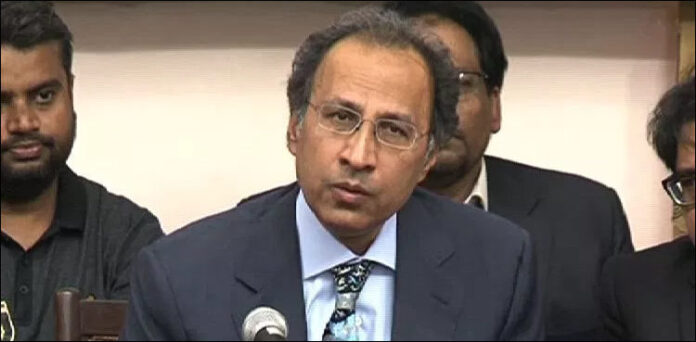In what seems to be a major shift in policy, the anti-import Pakistan Thereek i Insaaf (PTI) government is almost certain to reduce Regulatory Duties (RDs) and Additional Customs Duties (ACDs) on several import items.
After their initial crusade against imports, the government will introduce the changes in policy in an upcoming mini-budget, after assessing that any additional taxes will have far-reaching ‘disastrous effects’ on the economy.
Meanwhile, the media has been told that according to the FBR, any other additional taxes would have disastrous effects and would probably cause more loss than gains. If the petroleum products’ GST rate is proposed to be hiked, its consumption is already down by 20 percent. The tobacco rate increase will also be counter-productive because its volume has so far shown a decreasing trend this fiscal year.
With RDs and ACDs imposed on hundreds of items at different rates, the import compression has has reached levels around $5-6 billion. The subsequent losses have led the government to their current step of easing out imports by rationalizing import tariffs in shape of reducing RDs and ACDs.
The only two viable options in this situation with the import compression at the current level is either to open up to imports, or the make sure that enforcement is effective. While the CNIC requirement for purchases above Rs 50,000 came into force on February 1, it was under consideration to present a list of items to the visiting mission of the IMF. The two sides of the table will then decide the number of items where the RDs could be reduced through a review of the upcoming budget.
The IMF’s review mission is scheduled to hold a review of article IV talks with Pakistani authorities from Monday (tomorrow). The Mission will stay in Islamabad for 11 days for reviewing performance under $6 billion Extended Fund Facility (EFF).
A recent statement of the FBR had stated that the provisional collection figures for January 2020 is Rs320 billion which is 17% higher than the last year. the provisional collection figures for January 2020 is Rs320 billion which is 17% higher than the last year.




